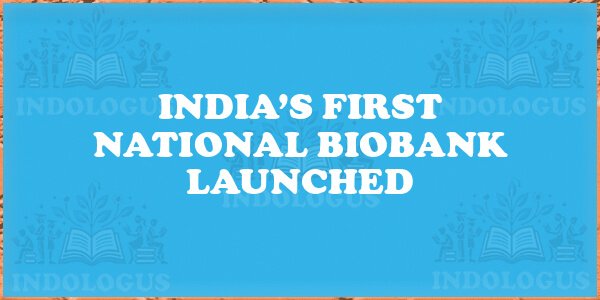On July 6, 2025, Dr. Jitendra Singh, Union Minister of State for Science & Technology, inaugurated the National Biobank at CSIR-IGIB in New Delhi. This new facility will help in collecting health and genetic data from people across India. The aim is to improve early disease detection and make personalized treatment plans possible for every individual in the future.
Helping India’s Unique Health Needs
Dr. Singh highlighted that Indians face unique health challenges, such as central obesity, which is not always visible from the outside but increases health risks. He said the Biobank will help decode these hidden health risks and design better solutions suited to Indian bodies. He also spoke about the need for strong partnerships between scientists, government departments, and industry to turn research into useful products and treatments.
Advances in CRISPR and Other Research
The minister praised the **CRISPR**-based genome editing work being done in India, especially in treating diseases like sickle cell anaemia and liver fibrosis. He said India is no longer behind in science and is now leading in areas like quantum technology, AI, and genomic medicine. The data from the Biobank will also support future developments in these fields.
Key Highlights of National Biobank Launch:
- Dr. Jitendra Singh inaugurates the National Biobank at CSIR-IGIB in New Delhi.
- Biobank aims to collect health, genetic, and lifestyle data from 10,000 people across India.
- Focus on improving early disease detection and personalized treatment plans.
Importance of National Biobank for India:
- Aids in understanding diseases like cancer, diabetes, heart problems, and rare genetic conditions better.
- Helps in addressing unique health challenges faced by Indians, such as central obesity.
- Supports advancements in CRISPR-based genome editing and other cutting-edge research.
Key Takeaways for Competitive Exams:
- India inaugurates its first National Biobank at CSIR-IGIB, New Delhi, to collect health and genetic data.
- The Biobank aims to improve early disease detection and enable personalized treatment plans.
- Focus on addressing unique health challenges faced by Indians to design better healthcare solutions.
- Supports advancements in CRISPR-based genome editing and other key research areas.



